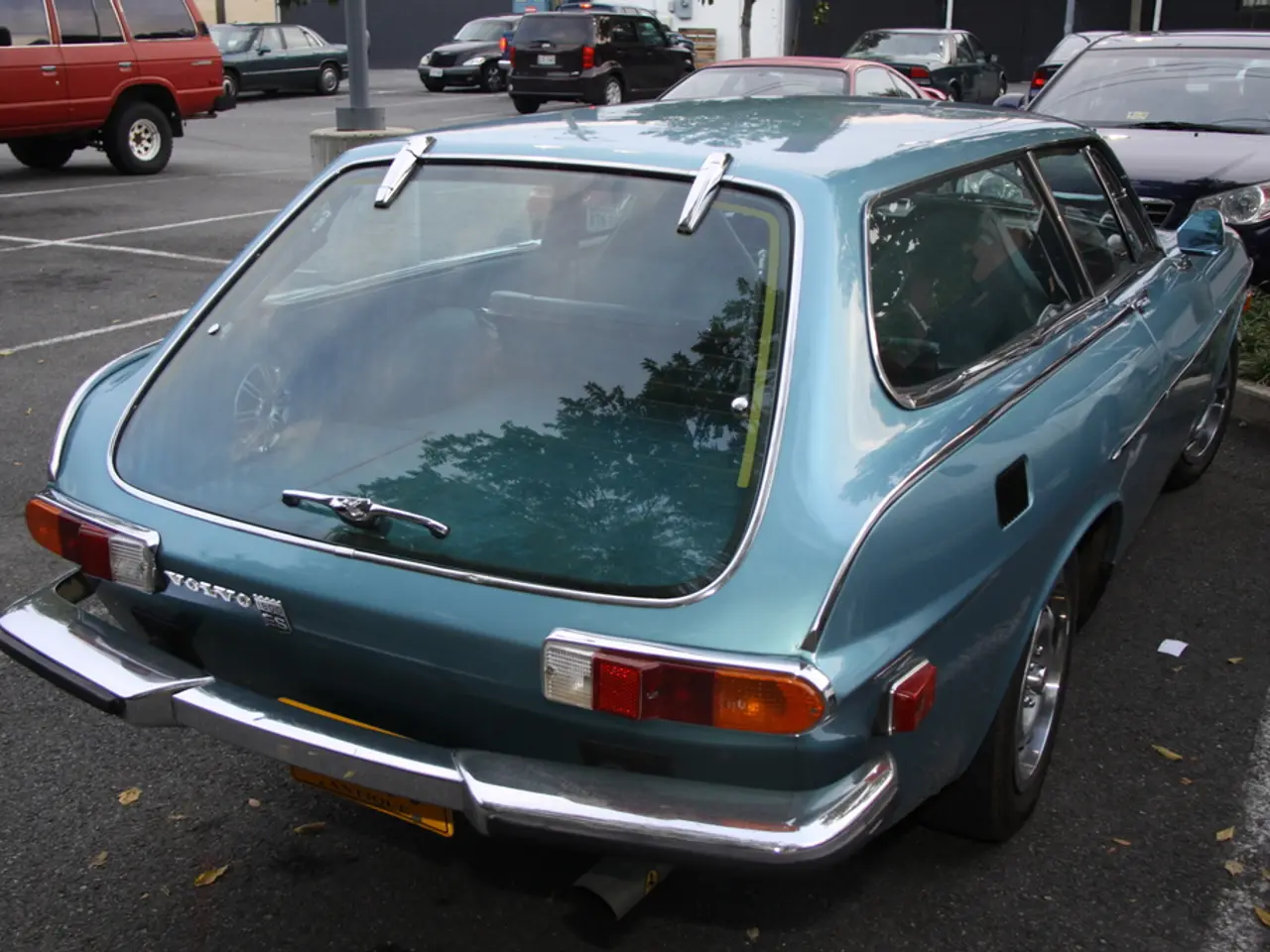Street Parking Duration for Motorhomes (and Other Parking Regulations)
When it comes to motorhome and campervan parking, understanding the rules is crucial to avoid fines, eviction, and disputes with landowners. Here's a breakdown of the key points regarding motorhome and campervan parking laws in the UK and Europe.
UK (England, Wales, Northern Ireland)
In the UK, outside Scotland, overnight parking and sleeping in motorhomes or campervans on public roads or car parks without permission from the landowner is generally illegal. Most public car parks restrict overnight parking for motorhomes and campervans, with some councils explicitly banning it between certain hours, often from late evening to early morning.
Recent local council actions highlight this trend. For instance, Redcar & Cleveland Borough Council in north-east England will restrict motorhome parking to marked bays with a maximum stay of four hours during daytime hours (9 AM to 5 PM), banning parking outside these bays at all times, including overnight. Cornwall Council enforces a general overnight parking ban on most public car parks for motorhomes, albeit with some designated overnight areas specifically for motorhomes created to alleviate this issue.
Highland communities face significant pressure from widespread overnight motorhome parking, leading to calls for tougher regulation as local camping businesses suffer revenue loss. Isle of Thanet Council explicitly restricts overnight parking to cars and motorcycles only.
Scotland
In Scotland, wild camping is legal for tents but does not extend to activities based on the use of a vehicle such as sleeping in cars, campers, vans, or caravans. Some public car parks may allow overnight parking for motorhomes, but guidelines and local regulations vary, so it's essential to check with local authorities before staying overnight.
Europe (General)
Across most European countries, overnight parking in motorhomes on public roads or car parks is usually regulated locally, requiring permission or use of designated official overnight parking areas or camper stops (aires). Parking or sleeping overnight on the roadside (outside designated areas) is often prohibited or restricted due to safety, environmental, and local community concerns. Enforcement and penalties vary from fines to vehicle removal, emphasizing the importance of adhering to local bylaws and signage.
In conclusion, motorhome and campervan users in the UK and Europe must carefully check local rules before parking or staying overnight. In the UK outside Scotland, overnight sleeping on public roads or car parks without landowner permission is generally banned, and councils are actively tightening restrictions, especially in popular regions. Scotland is relatively more permissive but still excludes overnight vehicle camping in wild areas. Across Europe, designated overnight parking areas or campsites are the safest legal options.
It's vital to seek out official motorhome sites, campgrounds, or landowner permission to avoid fines, enforcement, or eviction. When wild camping, it's essential to be discreet and avoid causing trouble. Wild camping with a motorhome in Scotland is not legal, but motorhome parking laws in Scotland allow for overnight parking in some instances.
Most roads and land (including beaches) in Scotland are private property, and you don't have the right to just park up without permission from the landowner. It's not recommended to wild camp in a group, and it's important to dispose of waste and rubbish properly when parking a motorhome overnight on the street.
In Europe, most countries welcome motorhome touring and have a similar policy regarding staying overnight in your motorhome as the UK does. The new UK law, the Police, Crime, Sentencing and courts bill, focuses on moving the crime of trespass from civil to criminal and increasing the powers for the police and other agencies to move people on if they are causing problems for the landowners.
It's essential to be aware that wild camping or free overnight parking with a motorhome in the UK and many countries in Europe is not a legal right. The police can seize a vehicle if the owners refuse to move after being asked to. The new UK law might affect motorhome wild camping or overnight parking by giving the police the power to ask people to move on if they are causing problems for the landowners.
For overnight travel, options include campsites, "aires" or approved overnight parking spots, and off-grid/free parking. It's suggested to use new places that provide overnight parking for motorhomes and to support them, respect them, and show them it's a great use of their space. It's important to remember that most roads and land in the UK and Europe are private property, and you don't have the right to just park up without permission from the landowner.
- For a smooth home-and-garden lifestyle with a motorhome, it is recommended to seek out official camper stops or campsites to ensure compliance with local rules and avoid potential fines or eviction.
- When embarking on a travel adventure with a motorhome, understanding sports team schedules or local events may help avoid busy areas and facilitate a peaceful night's rest, especially in popular regions.





